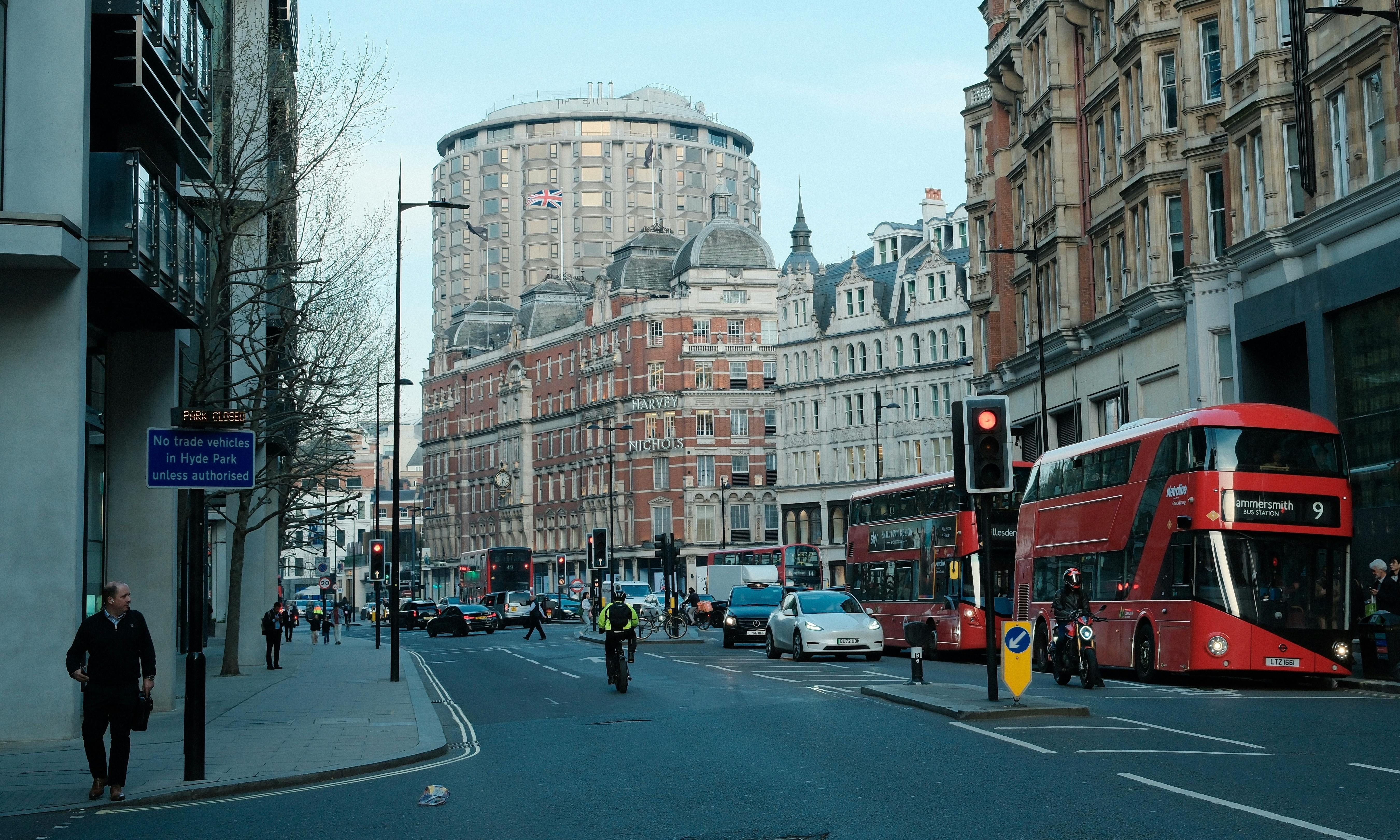Verdi's Persistent Public Transportation Strikes in MV: A Nuisance, Not a Solution
- Transport system's labor dispute has come to an end
Go about your day in MV, and you might as well prepare for a jarring disruption in your routine – public transportation strikes are the new buzzword. Since mid-February, these warning strikes have sent shockwaves through tens of thousands of residents, causing a halt to bus and tram services in many areas. In Rostock alone, the average daily commute of up to 150,000 passengers was disrupted.
Staged by the combative Verdi union, these strikes have taken a toll on the transport companies' finances. The damage, though yet to be quantified, undoubtedly covered lost revenue from both single and daily tickets. The complexity of calculating this loss lies in the multitude of tariffs and the Germany ticket.
On the horizon, Verdi plans to intensify its pressure on employers with statewide warning strikes across public transportation from the beginning to the end of shifts this week. But the heat may not stop there; Verdi members recently voted in favor of potentially uncapped strikes. Previously scheduled negotiations set for March 6 were abruptly cancelled by Verdi, who had deemed the talks a failure.
Verdi's demands are not modest – they're asking for a monthly salary increase of €430 and an annual special payment of €500. For the municipal transport companies, this translates to a staggering €17.5 million in additional personnel costs annually, according to the Association of Municipal Employers (KAV). They accuse the union of taking passengers hostage for their demands.
The push for improvements in wages, vacations, and work-life balance is not exclusive to MV; it's part of a broader trend of labor turmoil engulfing Germany, where workers are striving for better compensation and working conditions against escalating living costs and staffing issues[1][2].
As the upcoming negotiations loom, it remains to be seen if an agreement can be reached to end the strikes and restore order to public transportation services. With a vast majority of Verdi members supporting indefinite strikes, however, the potential for persistent disruptions continues to loom large[1].
- Vereinte Dienstleistungsgewerkschaft (United Services Trade Union)
- Warning Strike
- Employers
- Rostock
- Public Transportation
- Workday
- Labor Unrest
- Wage Increases
- Working Conditions
- The combative United Services Trade Union (Vereinte Dienstleistungsgewerkschaft or Verdi), based in Rostock, has been orchestrating warning strikes throughout Mecklenburg-Vorpommern's public transportation system, causing disruptions to the daily commute of up to 150,000 passengers.
- Verdi's strategies include employing statewide warning strikes across public transportation services during workdays, a move that heightens employer concerns.
- Verdi has expressed its intentions to increase pressure on employers with indefinite strikes, as a majority of its members support such action, and has cancelled scheduled negotiations, raising questions about the potential for persistent disruptions in public transportation services.





